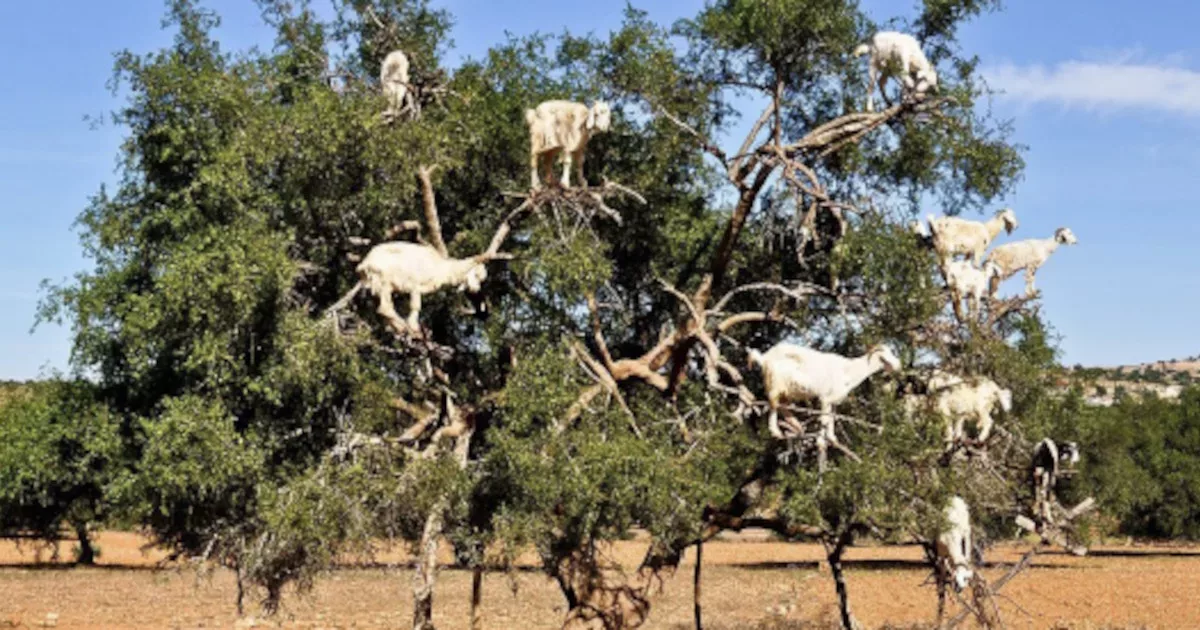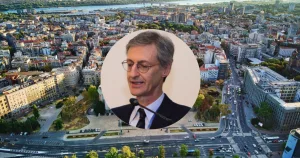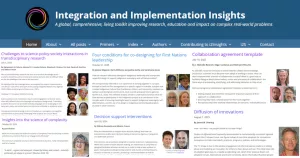Morocco: Co-Constructing the Past at Igîlîz
Interactions between local knowledge and scientific expertise about the use of Argan tree promote heritage resilience in a rural environment in Morocco

This project explores the uses of the Argan tree throughout the medieval period. Using archaeology, bioarchaeology, archaeometry, the history of texts, ethnobiology and local expertise it seeks to understand the management of the Argan grove, and the technique of making Argan oil in the village of Igîlîz.
Context
Igîlîz is the birthplace of the Almohad movement, initiated by Ibn Tûmart, a famous Moroccan historical figure. This religious reform movement, active in the 1120s, led to the creation of the largest empire to rule the Muslim West during the Middle Ages. For a variety of reasons, Igîlîz disappeared from historiography, throughout the 20th century. Today the memory of Igîlîz has been preserved locally and is now being recovered nationally with particular emphasis on the emblematic Argan tree and the oil it produces.
Method
The project uses a transdisciplinary framework that combines scientific expertise with local knowledge to produce a co-reconstruction of the past. By using archaeological reflections alongside the exceptional wealth of local knowledge regarding sustainable farming and animal husbandry, food, construction and ceramic production, the project has been able to produce a lively reconstruction of daily life for local resilience in the face of a changing climate.
Benefit
Igîlîz offers a case of resilience. This resilience is at the heart of a project which aims to rebuild and enhance a piece of history and an area, of Morocco’s Souss-Massa region. The memory of this site has been preserved locally and is now being recovered nationally. The project continues to be developed with local communities to create an educational tourist circuit on the site.
Faysal Lemjidi, University Cadi Ayyad, Morocco
This text has first been published by BRIDGES in a special brochure. BRIDGES in a member of The Earth-Humanity Coalition.
SUBSCRIBE TO OUR NEWSLETTER
To stay up to date with our projects and the development of the EHC
Read more articles

Gian Francesco Giudice: “Ethical responsibility is essential in fundamental research”
From hypothetical black holes to environmental impact studies, CERN navigates risk, transparency, and moral responsibility at the frontiers of human

Dealing with the complexity of society and environment
A global toolkit for tackling complex problems with more than 600 different methods Ever wish you had a free toolkit

The Moon & the Global South: Voices, Risks & Promise
Researchers warn that without inclusive governance, the Moon could become “a new arena for old patterns of exclusion” When rockets

Borko Furht: “AI shouldn’t be given much autonomy without maintaining accountability”
Beyond Superintelligence: The Real Challenges of Keeping Humans ‘In the Loop’ Borko Furht is a professor in the department of